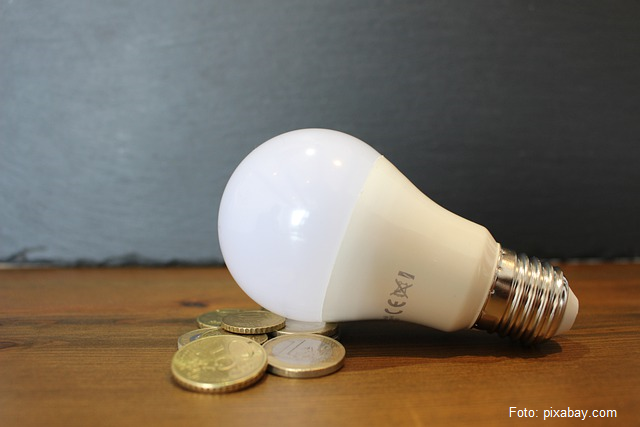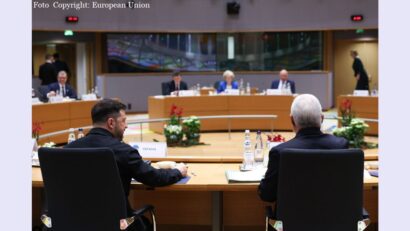Romanian MPs green light electricity price cap
After heated debates on the aid the Romanian state can offer consumers, the emergency order on energy has finally been adopted.

Daniela Budu, 24.11.2022, 13:50
For a number of months, since the Russian-Ukrainian conflict has escalated, Europe has been faced with an unprecedented energy crisis. The electricity market in Romania, like most European markets, has to deal with the negative effects of this crisis, from consumers to suppliers, distributors and producers. In order to ease the effects that the alarming rise in the price of electricity has triggered, the Bucharest authorities have taken a number of measures aimed to protect the vulnerable categories, end-consumers in particular. The latest such decision was taken by the Chamber of Deputies, which, as decision making body, adopted on Wednesday the law modifying the current ordinance regarding electricity. According to the law, the current electricity cap for the population of maximum 16 eurocents for a consumption level of up to 255 kWh, has been maintained. Schools, kindergarten, nurseries and hospitals will have to pay around 20 eurocents per kWh, while households with a bigger consumption level and industrial consumers will pay some 26 eurocents per kWh. Moreover, a customer will only benefit the capped price for one consumption place. The cap on electricity takes effect on January 1st next year and will be in force until March 31, 2025.
There have been heated debates in the Chamber of Deputies in Bucharest. All MPs said they are trying to find ways to decrease bills as much as possible. The Liberals, who are part of the ruling coalition, say the new version of the law is good for household and industrial consumers. Liberal Florin Roman: “Those who have announced today a vote against the new version of the law will in fact vote, for instance, against the smallest price for single-parent families, schools, kindergartens, nurseries and hospitals which risked being closed.
The draft law has been fiercely criticized by USR, in opposition, who accuse the ruling coalition of undermining economy and the energy system. In turn, Lucian Puscasu, a member of AUR, also in opposition, says that the new provisions in the law will disturb the energy market again, while the billing of the electricity consumption will be made in a subjective manner. Lucian Puscasu: “The Government reiterates social and professional categories, categories formed on other criteria, whom it grants, in a completely undignified way, under the shape of charity from the mighty ones, subsidized prices for energy on unjustified criteria and using complex rules, which are difficult to implement.
At European level, the EU countries work jointly to find a solution to the high electricity prices and to ensure the electricity supply. After months of disputes, the European Commission has proposed a mechanism for capping the price of natural gas. The 27 member states, however, have not agreed to it. (EE)






























